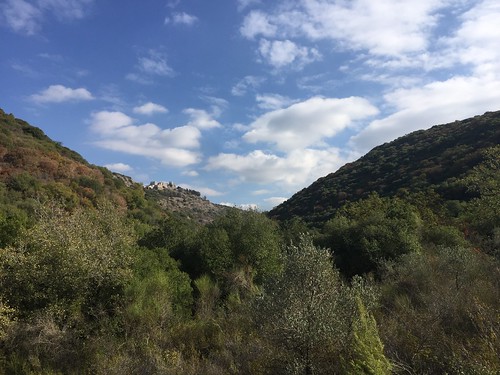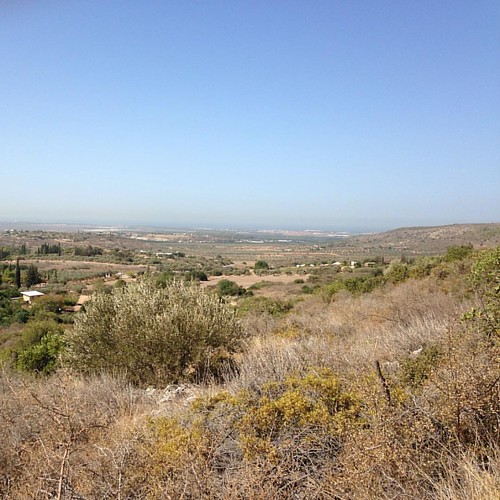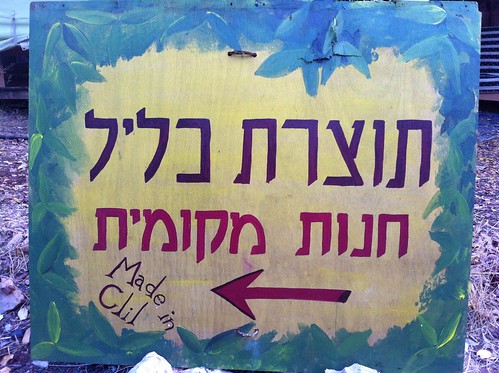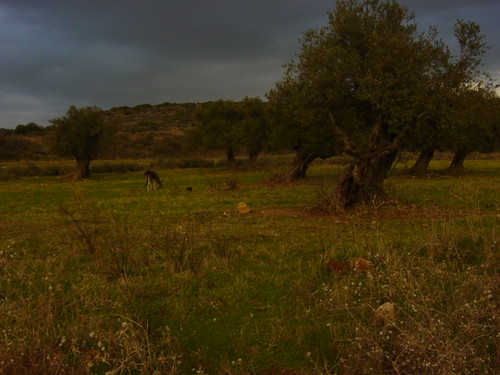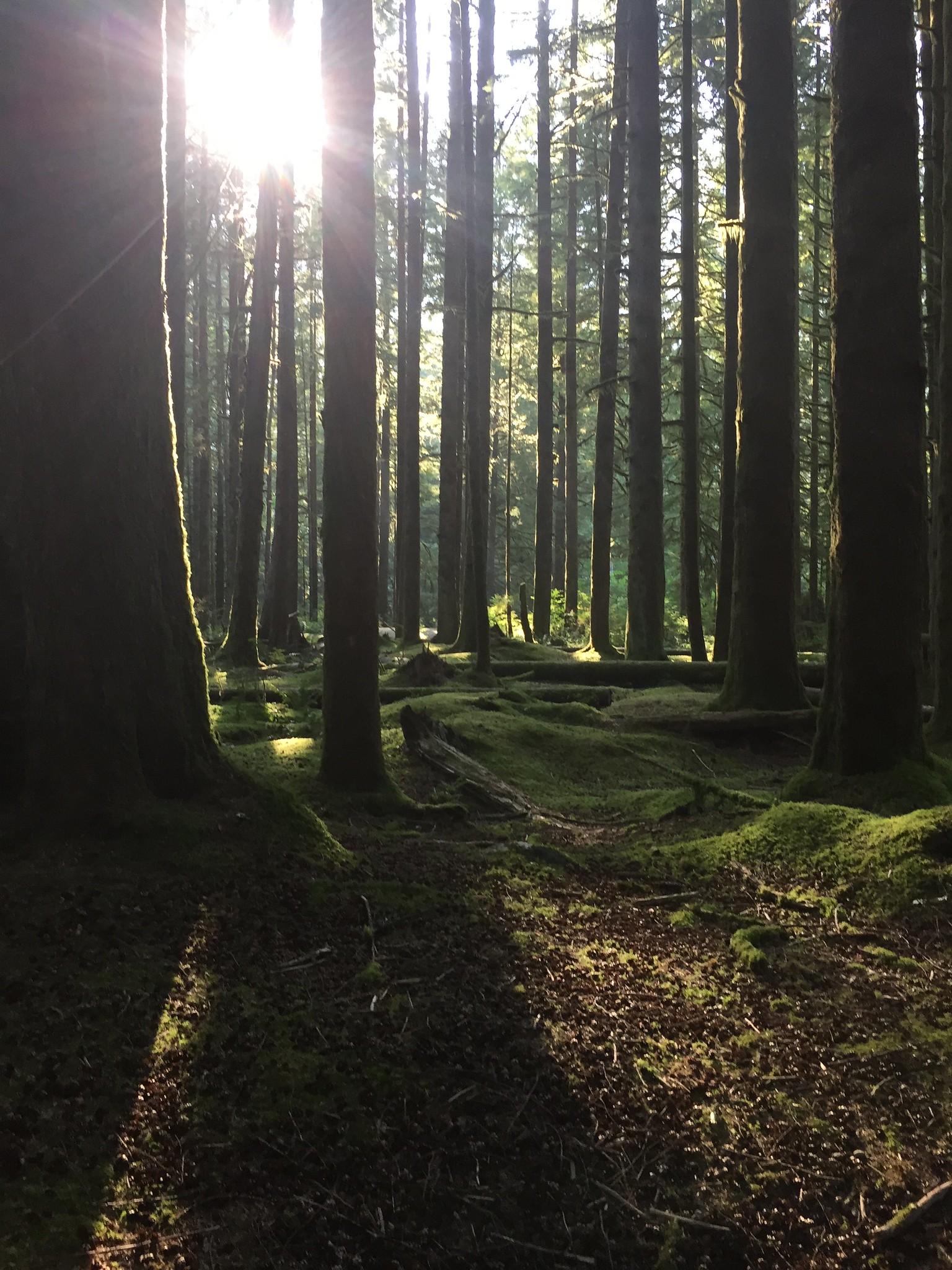
The island of Cyprus (Chypre in French) is where the most ancient perfume factory was discovered. Just like these first Cypriot perfumers, we'll roam the Mediterranean garrigue and discover how to infuse local wild plants in olive oil, for both healing, beautifying and fragrant properties.
Chypre is most iconic fragrance family for fall, as it is inspired by the scent of sun-baked earth and Mediterranean plants, and the damp forest floor. There is no better time in the year to craft Chypres than the fall and in their original natural habitat where so many of the raw materials grow wild!
This week-long course covers studying the raw materials, perfume structure, how to blend a formula, how to write a formula, building accords and creating simple oil-based perfumes using oil infusions that we'll be handcrafting ourselves, and basic Chypre formulation in an alcohol base.
For those who can't attend in person, you are welcome to browse Ayala's classic collection of Chypre perfumes.
Featured Workshop: Oil infusions from wild plants and/or making Oiselets de Chypre (Medieval potpourris shaped into birds)
Fragrant Field Trip:Exploring the Mediterranean Garrigue
Featured Guest Speaker:
Local vintner, owner of a local boutique winery plus wine-tasting the "Garrigue" wines they offer
 Location
Location:
The course takes place at Ayala Moriel's new studio in Clil, Israel. This little off-the-grid organic village has scenic is in one of the country's most fascinating regions, the Western Galilee - and has a view of the Mediterranean sea (gorgeous beaches are only 20min drive), Haifa Bay and Mount Carmel. Clil provides a unique experience for students who choose to stay here (although you don't have to - there are also plenty of places around, but keep in mind that in that case car is a must). The village is solar-powered and has small population of under 1000 people, who live in custom-built homes and semi-temporary dwellings (yurts, teepees, modified train cars and shipping containers, etc.) that are scattered among ancient olive groves and wild bush and Mediterranean garrigue (comprising of carobs, oaks, pistachia and thorny bushes). Despite its size, the village is a community bustling with life and culture: our neighbours are the village's cafe (inside a tent) that is opened Thursday-Saturday and hosts live concerts, and there. A large percentage of the population are alternative healers (we're just across the "street" from an integrated holistic clinic offering massage, acupuncture, ayurvedic treatments, and more) as well as creative artists, who have their ateliers in the village - and some would also be happy to show you around - painters, sculptors, potters, glass artists, silversmiths and goldsmiths, basket weavers, etc.
Amenities:
There is a bakery that is opened twice a week (Sunday and Thursday) and offers Pizza Nights on Tuesdays. On all other days bread can be pre-ordered or purchased at the local Organic Garden (which tops off their own produce with other fruit and vegetables and organic goodies produced in the village and by nearby artisans). Thursday evenings there is a little market in the village's playground, weather permitting. Also less relevant but sometimes handy are the village's book exchange and clothing exchange, which is open 24/7 and is completely free (take what you want and leave what you no longer use).
Accommodations within the village include one boutique hotel, one guest house (India-style "hostel" on the second level of one of our neighbours) and several cabins for rent - some also offering breakfast. Sublets among the village's inhabitants are often listed and could be arranged if booked enough in advance, and also near Cafe Clil there is a small campsite for those who enjoy a fully rustic experience. If you choose to stay outside of the village - we are only 20-30min drive (depending on traffic) from lovely towns that offer also many wonderful attractions to visitors - i.e. Acre and Nahariya.
In short - there are plenty of places to explore and people to meet in Clil, so I'm sure you will enjoy your visit and find things to do and discover outside of the classroom.
There are only 2 spaces remaining in this session.
Sign up now to secure your spot!



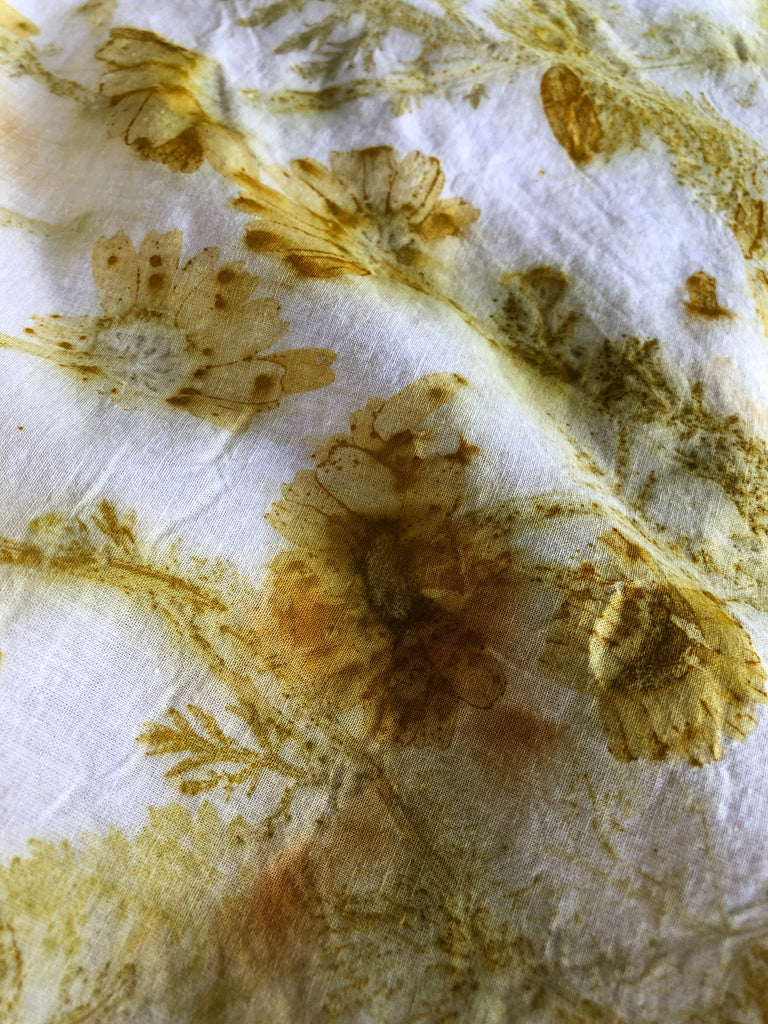
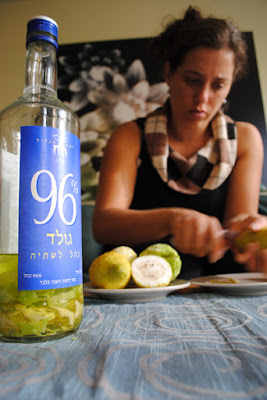
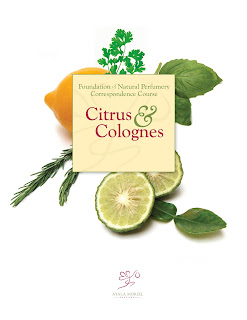


 March 12:
March 12:



